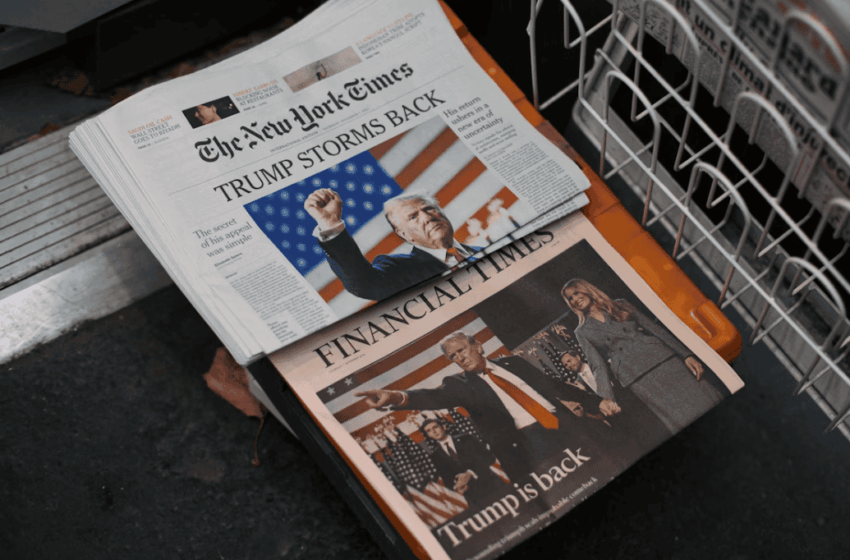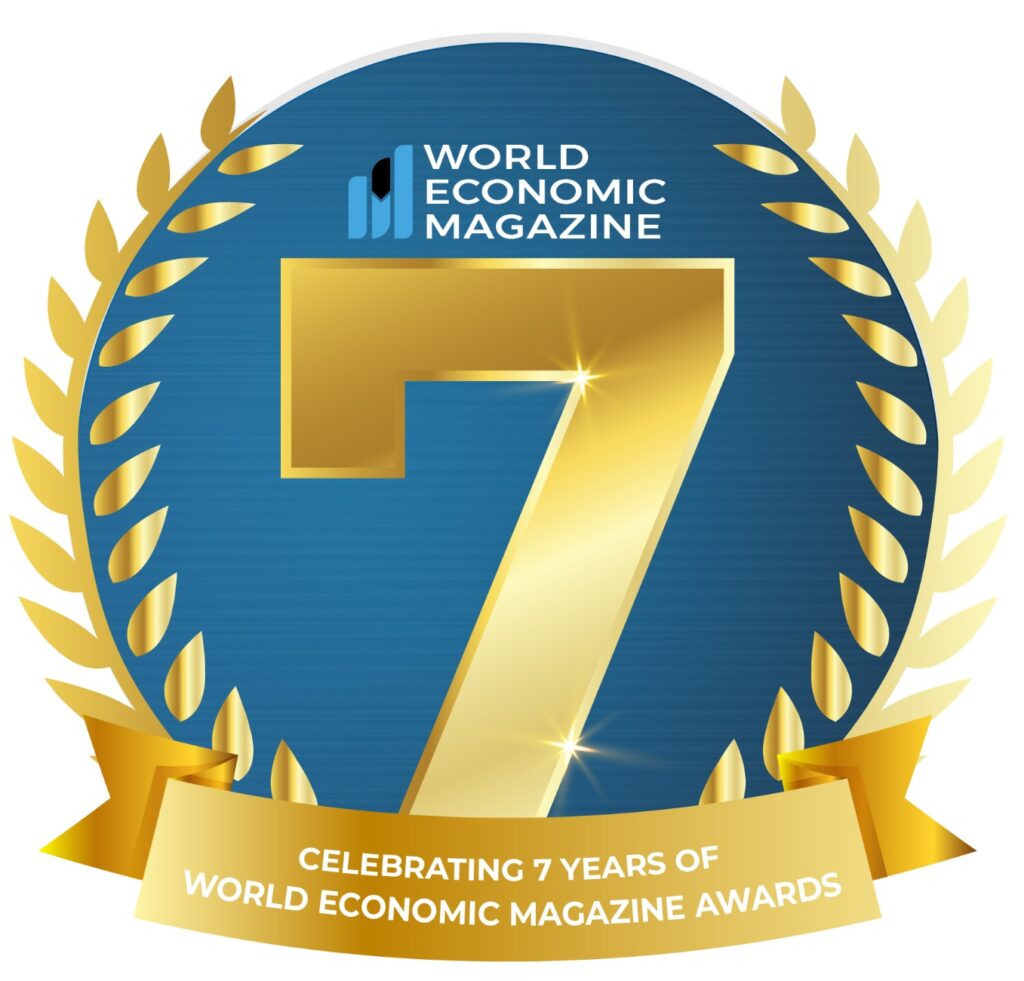

Fareed Zakaria Warns: Trump 2.0 May Push India Toward Russia and China, U.S.-India Ties at Risk
A sudden policy shift by the Trump administration has shaken the foundations of U.S.-India relations, prompting fears of a major diplomatic rupture. Global affairs analyst Fareed Zakaria has cautioned that President Donald Trump’s second term could undo two decades of careful engagement, driving India closer to Russia—and even China.
Zakaria, speaking on CNN, said India’s political establishment and public alike are “shocked and angered” by Washington’s recent decisions. He described the U.S. approach as a historic blunder, calling it “perhaps the greatest strategic mistake of Trump’s presidency.”
From Strategic Partners to Strained Ties
For the last 20 years, India and the United States have gradually built a relationship that many believed would define Asian geopolitics. Beginning with President Bill Clinton’s landmark 2000 visit, ties expanded through the Bush, Obama, and Biden administrations. Washington steadily positioned New Delhi as a central counterweight to Beijing’s growing power.
A pivotal moment came with George W. Bush’s civil nuclear deal—a breakthrough that legitimized India’s nuclear status despite its non-signatory position in the Non-Proliferation Treaty. The agreement was hailed as a diplomatic triumph and set the stage for closer defense, trade, and technology cooperation.
Under President Obama, India became part of the Quad alliance with the U.S., Australia, and Japan, signaling shared interests in maintaining stability in the Indo-Pacific. Even Trump’s first term, though turbulent, saw progress in defense sales and joint military exercises.
Trump’s Second Term: A Diplomatic U-Turn
That trajectory now appears to be unraveling. In recent weeks, India has been placed in Washington’s highest tariff bracket—a category previously reserved for isolated nations such as Syria and Myanmar. The U.S. has simultaneously signaled warmth toward Pakistan, traditionally India’s rival, with offers of energy cooperation and private meetings between Trump and Pakistan’s military leadership.
This has struck a nerve in New Delhi. “Indians believe that America has shown its true colors,” Zakaria remarked. He noted that India now views the U.S. as unreliable and even “willing to be brutal to those it calls its friends.”
The economic penalties come at a delicate time, as India continues to purchase discounted Russian oil despite Western sanctions. Trump’s imposition of a 50% tariff on Indian oil imports from Russia has further heightened tensions, threatening trade and investor confidence.
Possible Realignments: Russia and China in Play
Analysts fear that India may respond by recalibrating its global alignments. Russia, a long-time defense partner, remains central to India’s military supplies and energy security. A drift back toward Moscow could deepen if Washington continues its hardline stance.
More significantly, Zakaria suggested that India may even open discreet backchannels with China, despite their ongoing border tensions. Such a move, while unlikely in the near term, would represent a seismic shift in Asian geopolitics.
“India will hedge its bets,” Zakaria warned. “If Washington proves unreliable, New Delhi will not hesitate to explore partnerships that secure its national interest.”
A Historic Test for U.S.-India Relations
The current standoff raises urgent questions: Is this a temporary rift or the beginning of a long-term estrangement? For India, the perception of betrayal cuts deep. For the U.S., alienating the world’s largest democracy risks undermining its broader strategy in Asia.
Zakaria’s warning underscores the stakes: two decades of careful diplomacy could collapse in a matter of months. The choices made in Washington and New Delhi in the coming weeks may define not just bilateral ties, but the balance of power across Asia for years to come.




